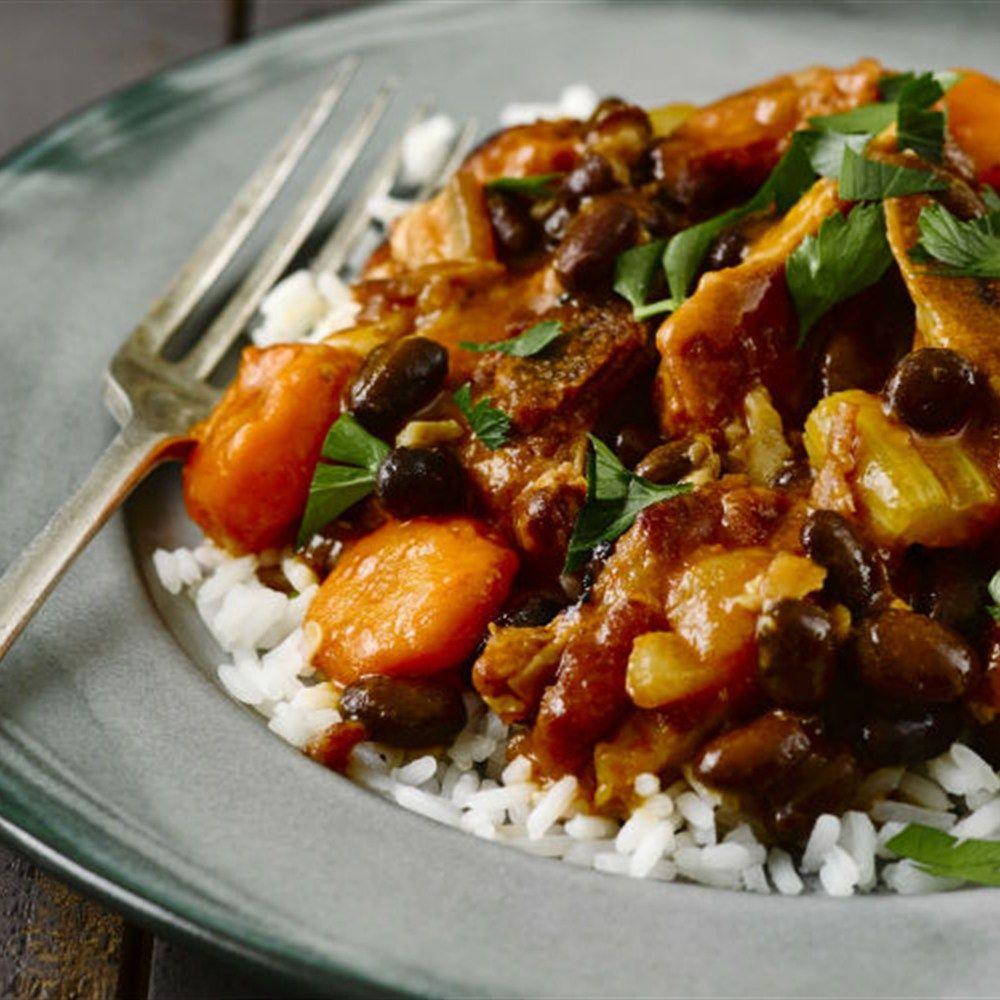Feijoada: The Flavorful Tapestry of Brazilian Cuisine
Rosalia Mamhlakoana Moliko![]() Invalid date
4 minutes, 4 seconds
Invalid date
4 minutes, 4 seconds
630 views 1 Like
Brazilian cuisine is a captivating mosaic of flavors, reflecting the country's rich cultural heritage and diverse influences. At the heart of this culinary tapestry is the iconic dish known as Feijoada, a hearty and savory stew that has become a symbol of Brazilian gastronomy. In this blog, we will explore the history, ingredients, and the cultural significance of Feijoada, uncovering the secrets behind its delicious complexity.
History:
Feijoada's origins can be traced back to the time of Portuguese colonization in Brazil. Historically, it was a dish created by slaves using ingredients that were readily available or discarded by their European masters. Over time, Feijoada evolved into a beloved national dish, symbolizing resilience, resourcefulness, and the vibrant blending of cultures.
Ingredients:
At the core of Feijoada is the humble black bean, which forms the base of the stew. The dish is then enriched with a variety of pork cuts, such as sausages, pork belly, and smoked meats. The use of different cuts adds layers of flavor and textures, creating a satisfying and robust eating experience. Accompanying the beans and pork are onions, garlic, and a variety of spices, all contributing to the distinctive taste of Feijoada.
Preparation:
Feijoada is a labor of love that requires patience and time. The preparation involves soaking and slow-cooking the black beans until they are tender and infused with the flavors of the pork and spices. The result is a thick, hearty stew with a deep, smoky aroma that is sure to whet the appetite. Feijoada is often served with rice, collard greens, orange slices, and a side of farofa, a toasted cassava flour mixture that adds a delightful crunch.
Cultural Significance:
Beyond its culinary appeal, Feijoada is deeply ingrained in Brazilian culture and traditions. It is a dish often associated with festive occasions, family gatherings, and celebrations. In Brazil, Feijoada is a popular choice for Saturday feasts, bringing people together to enjoy good food and good company. The communal nature of Feijoada reflects the warm and convivial spirit that defines Brazilian hospitality.
Regional Variations:
While Feijoada is a national dish, there are regional variations that showcase the diverse culinary landscape of Brazil. In the coastal regions, seafood may be incorporated into the stew, adding a unique twist to the traditional recipe. In some areas, Feijoada is served with different side dishes or condiments, offering a glimpse into the local culinary preferences.
Conclusion:
Feijoada is more than just a dish; it is a celebration of Brazil's history, resilience, and cultural diversity. As you savor each spoonful of this flavorful stew, you are not just indulging in a delicious meal but experiencing a taste of Brazilian heritage. So, whether you're exploring the streets of Rio de Janeiro or preparing Feijoada in your own kitchen, let the rich flavors of this iconic dish transport you to the heart of Brazil's vibrant culinary tradition.
Image source:https://www.pinterest.com/pin/450922981421347363/

